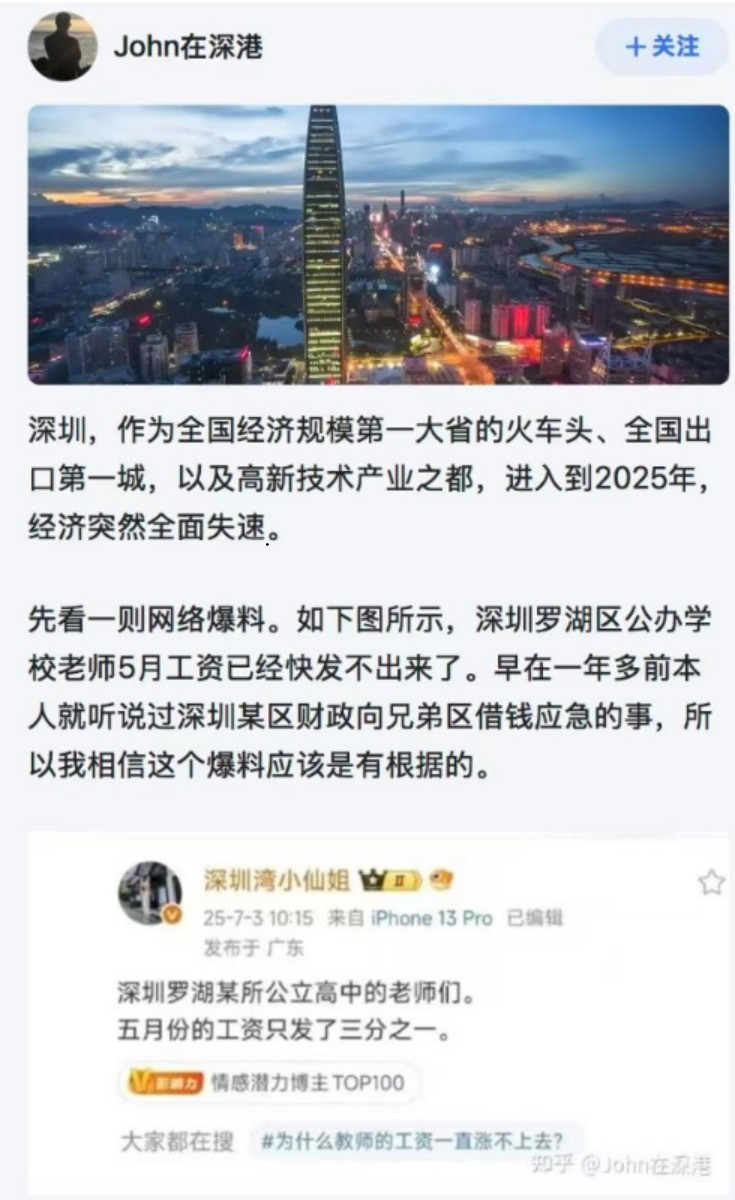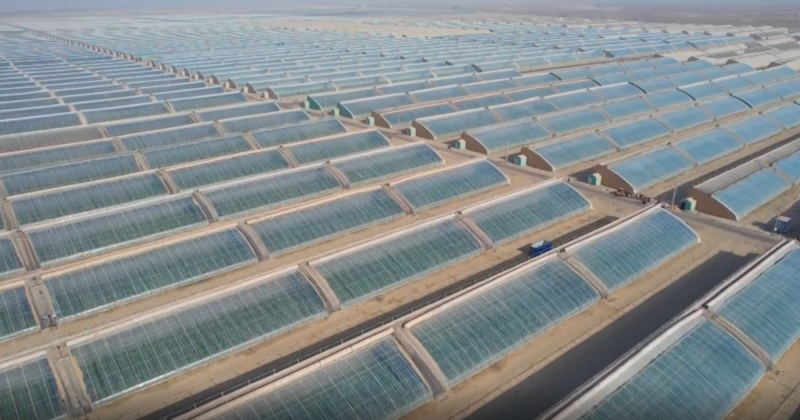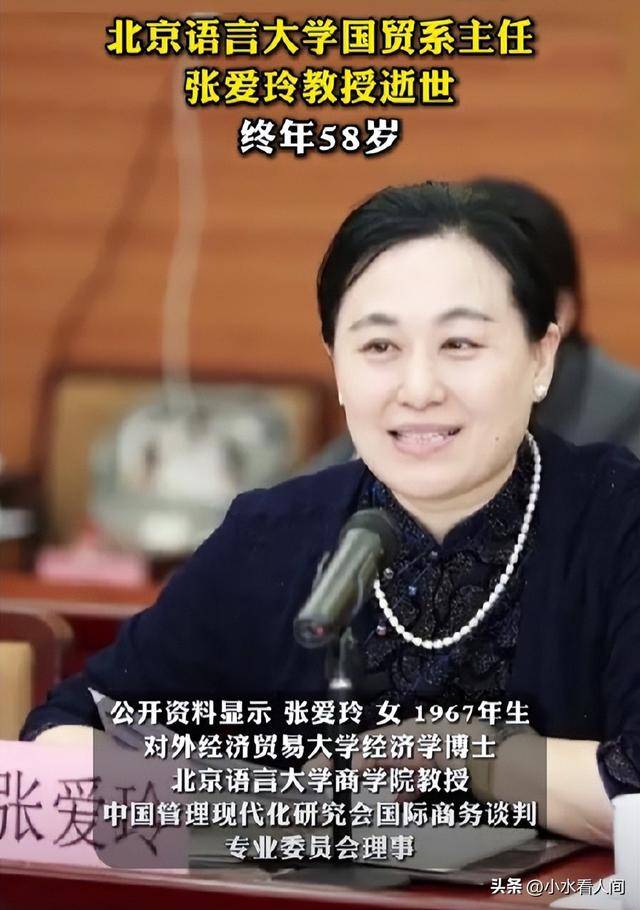傅聪大使欧媒发文:中国有充分信心和能力走出疫情
来源:倍可亲(backchina.com)2023年1月6日,驻欧盟使团团长傅聪大使在欧洲媒体“布鲁塞尔纵横”网站发表题为《中国有充分信心和能力走出疫情》的署名文章。全文如下:
在刚刚过去的元旦假期,率先渡过疫情高峰的北京“烟火气”升腾。北京著名的美食街——簋街多个餐厅门口排起了长队,不少商家恢复了24小时营业;北京环球度假区人头攒动、热闹非凡。这是中国各地忙碌景象的一个缩影。元旦期间,中国国内旅游出游5271万人次,同比增长0.44%。各地人们生活逐步恢复正常,正喜气洋洋置办年货,热烈期盼即将到来的中国农历新年。
民之所盼,政之所向。疫情发生三年来,中方始终坚持人民至上、生命至上,有效处置100多起聚集性疫情,在病毒最猖獗、危害性最大的时期,最大程度保护了14亿多人民生命安全和身体健康。中国新冠重症率、死亡率始终处于全球最低水平,人均预期寿命由77.3岁提高到78.2岁。
在抗疫斗争中,中方始终坚持高效统筹疫情防控和经济社会发展,本着科学精准、因时因势的原则不断优化调整疫情防控措施,最大程度减少疫情对人民生活和经济社会发展的影响。2020年、2021年两年中国经济平均增长5.1%,在世界主要经济体中名列前茅。在全球人类发展指数连续两年出现下降的情况下,中国人类发展指数排名提升了6位。
当前,奥密克戎变异株致病力和毒力明显减弱,而且我们利用过去几年时间,提高了医疗救治、病原检测、疫苗接种能力和水平。疫苗接种人数和全程接种人数分别达到总人口的92%和90%以上。从国内外数据看,中国疫苗安全有效,特别是在降低重症和死亡风险方面效果显著。在此情况下,中方审时度势,主动优化防疫措施,将工作重心从防控感染逐步转向防重症、保健康。这是科学、及时、必要的,也是正确、负责任的,有利于更好统筹疫情防控和经济社会发展,更好保障正常的生产生活和医疗卫生需求。
世界各国调整防疫政策时都会经历适应期,中国防疫政策“换挡”也不例外。目前中国疫情形势发展总体在预期和可控之中。我们也进行了必要准备,比如布洛芬、对乙酰氨基酚两类重点解热镇痛药日产量已提升至1.9亿片。我们有充分信心确保调整转段平稳有序推进。
自今年1月8日起,中国将实施中外人员往来新规,赴华人(专题)员无需提前申请健康码,取消入境后全员核酸检测和集中隔离,得到各方高度赞赏。世界卫生组织表示,对中国放宽防疫措施“感到满意”。中国欧盟商会负责人表示,中国有着强大的复苏基因,对中国未来充满希望。
这几天,欧盟国家出于一些担忧,对中国旅客采取入境限制措施。事实上,疫情发生以来,中方一直本着公开透明、负责任的态度同国际社会分享信息和数据。据不完全统计,三年来,中方已同世卫组织开展技术交流60余次,12月7日“新十条”发布以来就已经举行了两次。中方还继续通过全球流感共享数据库(GISAID)分享新冠病毒感染病例的病毒基因数据。欧洲疾控中心表示,对来自中国的旅行者进行冠状病毒筛查是不合理的,在中国传播的变异株已经在欧盟传播,欧洲对新冠病毒有很高的防护水平,可以应对目前的感染负荷。多国卫生健康专家也发表了相同看法。希望欧洲各国防疫措施保持科学适度,不影响正常的人员交往和交流合作。
冬天已经来了,春天还会远吗?我们相信,中国目前已经接近疫情“隧道”的出口,我们也有充分的信心和能力走出疫情。展望新的一年,一个摆脱疫情的中国,一个更加开放的中国,一个经济稳步复苏的中国,将为中欧合作创造更加广阔的空间。我们期待同欧方共同努力,积极落实双方领导人共识,推动中欧全面战略伙伴关系迈上新台阶。
China’s Full Confidence and Capacity in Overcoming the COVID-19 Pandemic
During the New Year holiday a few days ago, Beijing, one of the first cities in China to pass the peak of COVID infections, saw the return of the hustle and bustle. Crowds of people lined up outside restaurants in Gui Jie, the popular food street in Beijing, where many restaurants resumed 24-hour operation. The Universal Beijing Resort was packed with tourists who were excited to resume normal life and enjoy the holiday.
These are microcosms of the bustling scenes across China. During the three-day holiday, 52.71 million domestic trips were recorded in China, with a year-on-year increase of 0.44%. Life is gradually back to normal across the country. As the Chinese Lunar New Year draws near, people are busy doing Spring Festival shopping.
As we often say, what people expect is where the policy should go. Since the COVID-19 pandemic started three years ago, the Chinese government has always put people and their lives front and center. We have withstood more than 100 clusters of outbreaks and protected the life and health of 1.4 billion people to the utmost when the virus is at its most rampant and deadliest stage. China has managed to maintain the lowest rates of COVID severe cases and deaths, while people’s average life expectancy has increased from 77.3 to 78.2 years in 2021.
In response to the pandemic, China has taken a holistic approach toward disease control and economic development, adapting response measures by keeping them science-based, targeted, and responsive to the evolving situation, to minimize the impact on people’s daily life as well as overall economic and social development. China’s economy grew by an average of 5.1% in the year 2020 and 2021, one of the highest in major global economies. China also moved up six places in Human Development Index (HDI) ranking despite the decline of the global HDI for two consecutive years.
As witnessed in other parts of the world, the Omicron variant is more contagious but much less dangerous. At the same time, we did not let the crisis go wasted. Our capacity for treatment and testing has significantly improved. By launching the largest vaccination campaign, we have ensured that more than 90% of the population is fully vaccinated and over 92% receive at least one dose. According to data released at home and abroad, Chinese vaccines are safe and effective, especially in reducing the risk of serious illness and death.
It is under such conditions that China decides to refine its COVID response measures, shifting the focus from stemming infection to preventing severe cases. Such a move is not only science-based, timely and necessary, but also appropriate and responsible. It has enabled us to strike a balance between COVID control and economic and social development, restore normalcy to people’s work and life, and better meet medical and health needs.
It should come as no surprise that countries would go through a period of adaptation as they shift gears in COVID policy. China is no exception. At the moment, China’s epidemiological situation is generally stable and under control. To make the transition as smooth as possible, necessary preparations are being made. For example, We have ramped up medical production, bringing the daily production capacity of Ibuprofen and paracetamol to more than 190 million tablets.
There is also good news for the outside world, as new cross-border travel rules will take effect on January 8, 2023. Visitors to China no longer need to apply for health codes, and nucleic acid tests and mandatory quarantine upon arrival will be scrapped. These adjustments have been well-received and supported by the global community. The World Health Organization (WHO) is pleased to see China loosening some of its COVID-19 restrictions. Foreign business communities, including the European Union Chamber of Commerce in China, are optimistic about China’s recovery as they see the ability to revive from hurdles is rooted in the nation’s culture.
As we speak, some EU member states have expressed their concerns and introduced travel restrictions on travelers from China. In fact, China has been sharing relevant information and data with the international community in an open, transparent and responsible manner. Over the past three years, China has carried out over 60 technical exchanges with WHO, four of which were held after the announcement of the ten new measures one month ago. China is also doing its best to share the genome data of the virus via the Global Initiative on Sharing Avian Influenza Data (GISAID).
The European Center for Disease Prevention and Control also said earlier that the introduction of mandatory COVID screenings of travelers from China are unjustified, given the fact that the variants circulating in China are already circulating in the EU, and in view of the higher population immunity in Europe. The agency concluded that a surge in cases in China is not expected to impact the COVID-19 epidemiological situation in the EU. This view is shared by health experts from many countries. Therefore, it is hoped that the COVID response measures of European countries need to be science-based and proportionate, and should not affect normal travel and people-to-people exchange and cooperation.
As the famous poem goes, if winter comes, can spring be far behind? With full confidence and capacity, China is starting to see the light at the end of the tunnel. Looking ahead to the new year, I am confident that China will overcome the pandemic, pursue greater openness and achieve steady economic recovery, thus creating broader space for China-EU cooperation. As China’s new Ambassador to the EU, I look forward to working with my European interlocutors to follow through the leaders’ agreements and lift China-EU comprehensive strategic partnership to a new level.











